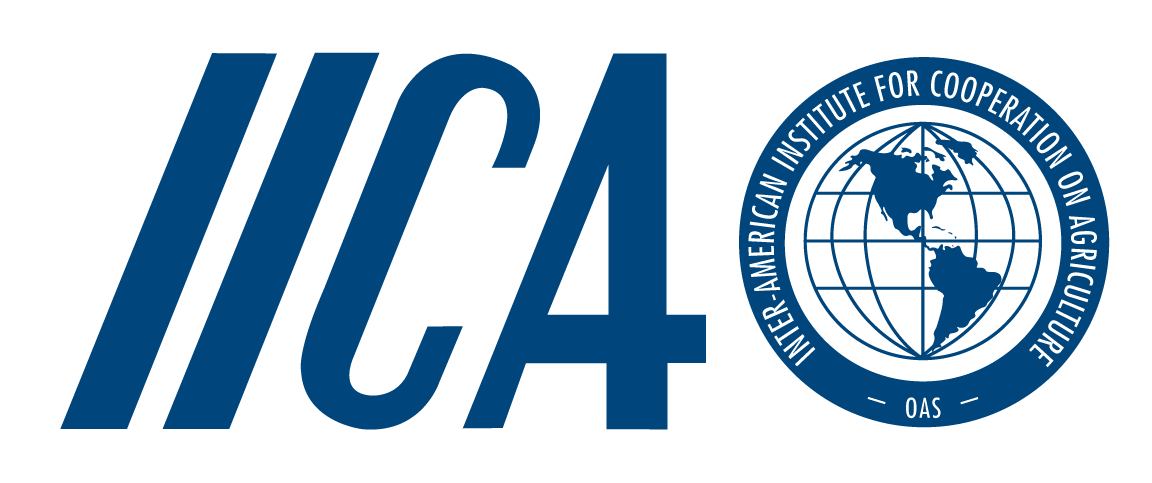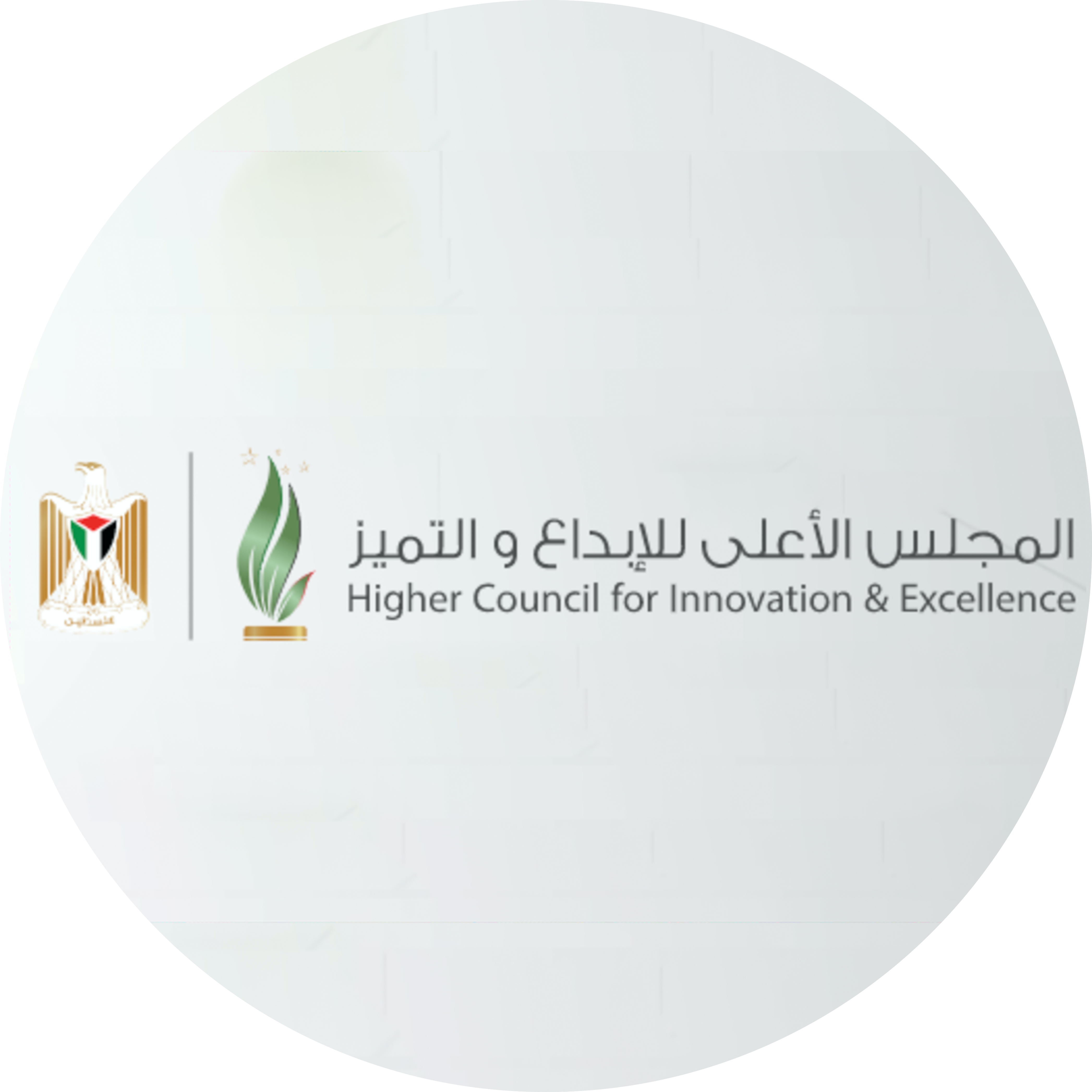Tata Institute of Social Sciences
Description
The Tata Institute of Social Sciences (TISS) was established in 1936 as the Sir Dorabji Tata Graduate School of Social Work. In 1944, it was renamed as the Tata Institute of Social Sciences. The year 1964 was an important landmark in the history of the Institute, when it was declared Deemed to be a University under Section 3 of the University Grants Commission Act (UGC), 1956.
Since its inception, the Vision of the TISS has been to be an institution of excellence in higher education that continually responds to changing social realities through the development and application of knowledge, towards creating a people-centred, ecologically sustainable and just society that promotes and protects dignity, equality, social justice and human rights for all.
In pursuance of its vision and guiding principles, the Tata Institute of Social Sciences organises teaching programmes to facilitate the development of competent and committed professionals for practice, research and teaching; undertakes research; develops and disseminates knowledge; and reaches out to the larger community through extension, at the local, national, regional and international levels.
Vision of the TISS has been to be an institution of excellence in higher education that continually responds to changing social realities through the development and application of knowledge, towards creating a people-centred, ecologically sustainable and just society that promotes and protects dignity, equality, social justice and human rights for all. The TISS works towards its vision through:
- Creation and provision of socially relevant and high quality professional education in a wide range of inter-disciplinary areas of Social Sciences to a larger number of students from all sections of the society in the country.
- Facilitation of autonomous research and dissemination of knowledge.
- Support knowledge creation through strong M.Phil. and Ph.D. programmes and Post-Doctoral scholars.
- Strategic extension, field action and advocacy through training and capacity building of State and non-State institutions and personnel.
- Initiate field action and advocacy to demonstrate and facilitate creation of policies and programmes.
- Professional response to natural and human-made disasters, through participation in relief and rehabilitation activities.
SECTOR
Education, Gender Equality and Empowerment of Women, Health, Industrial Development, Labour, Research, Development Cooperation
Country
India
SDG
01 - No Poverty, 02 - Zero Hunger, 03 - Good Health and Well-being, 04 - Quality Education, 05 - Gender Equality, 06 - Clean Water and Sanitation, 07 - Affordable and Clean Energy, 08 - Decent Work and Economic Growth, 09 - Industry, Innovation and Infrastructure, 10 - Reduced Inequalities, 12 - Responsible Consumption and Production, 16 - Peace and Justice Strong Institutions, 17 - Partnerships for the Goals
Organization Type
Academia / Think Tank
Similar Organizations





